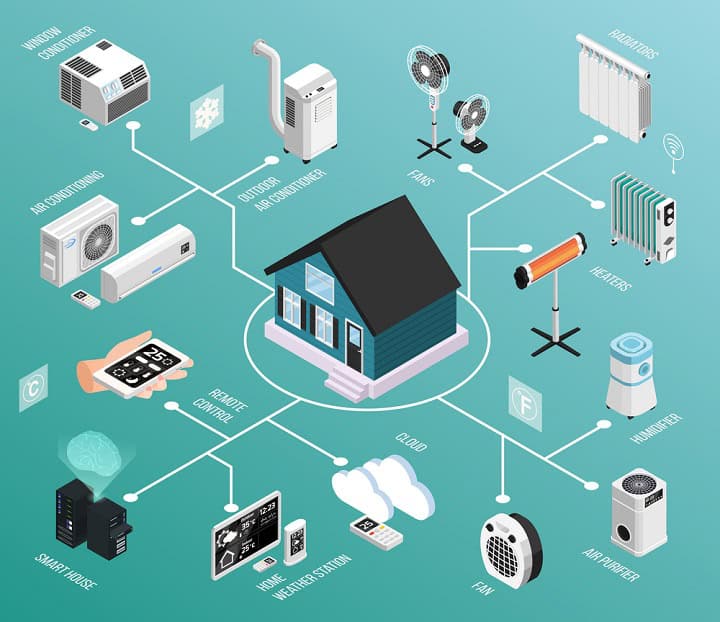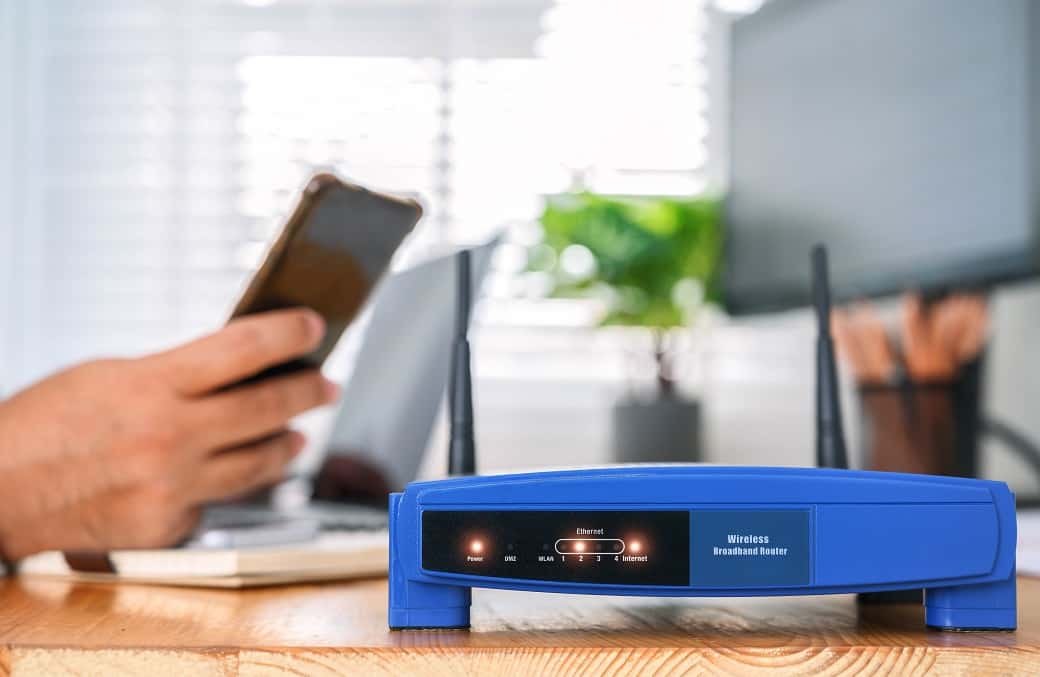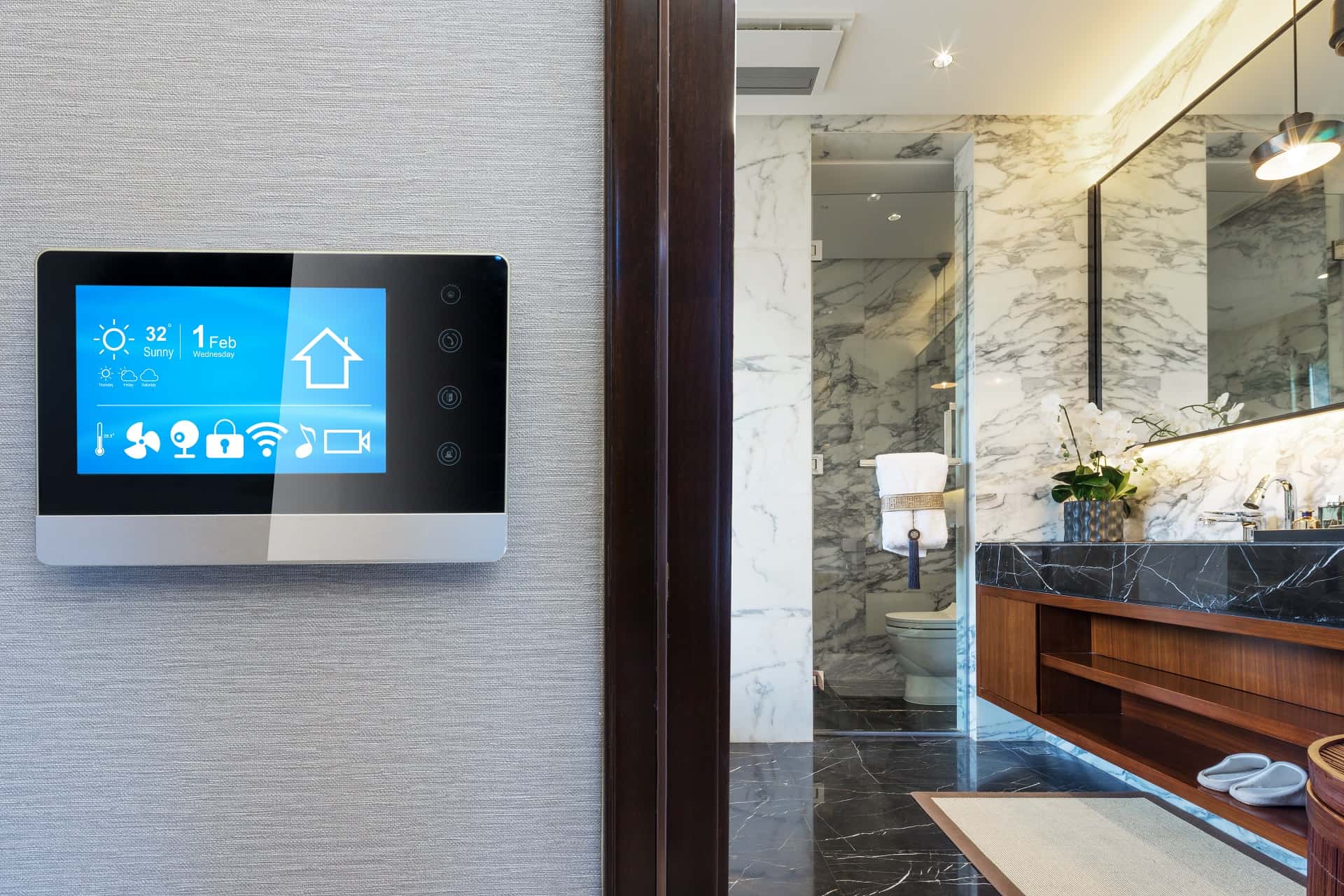Smart devices like light bulbs, speakers, and even refrigerators are becoming common in many households. While these gadgets offer convenience, they also raise important questions about privacy. Before you buy a new smart device, it’s good to understand the potential risks of your privacy being breached and the security measures in place to protect you. It’s important to think about how to balance the convenience of these devices with your privacy needs by evaluating whether you really need them and by considering privacy strategies you can implement. This post will help you navigate the landscape of smart devices and privacy, so you can make informed decisions.
Manufacturer Access to Data
When it comes to smart devices, understanding how manufacturers access and use your data is important. Many smart devices collect data to function properly or to enhance user experience. This data can include anything from usage patterns to personal information. Manufacturers often have specific data collection practices that are outlined in their privacy policies. These practices may vary depending on the company and the type of device. It’s good to review these policies to know what kind of data is being collected and how it might be used.
Besides collecting data, manufacturers might also share this information with third parties. If you’ve ever mentioned needing to buy something, then start receiving ads about it the next day, data collection and sharing is the reason why. Data sharing policies can involve sharing data with partners, service providers, or even advertisers. This sharing can be for various purposes, such as improving services, developing new products, or marketing. It is helpful to be aware of these policies to have a clear understanding of who might have access to your data. Checking the privacy settings on your smart devices can sometimes limit the amount of data shared, but it’s usually explained in the privacy documentation provided by the manufacturer.
Potential for Hacking
Smart devices, while convenient, can be vulnerable to hacking. Many of these devices have security weaknesses that can be exploited by hackers. These vulnerabilities might come from outdated software, weak passwords, or unsecured network connections. When a smart device is hacked, it could potentially expose personal data or allow unauthorized control over the device. It’s crucial to be aware of these risks before making a purchase decision.
There are security measures that can help protect smart devices from being hacked. Regularly updating the device’s software can patch any known security issues. Using strong, unique passwords for each device and enabling two-factor authentication, when available, can also increase security. Additionally, ensuring that the home network is secured with a strong password and encryption can limit unauthorized access. Being informed about these security practices can help in safeguarding personal information when using smart devices.
Balancing Convenience and Privacy
When considering a new smart device, it’s important to consider whether the device is worth it. Many smart devices offer features that can make daily tasks easier, but it’s worth considering if these features are genuinely useful or just a novelty. Taking time to assess the actual benefits and drawbacks can help in making a more informed decision.
Once you determine which devices are helpful, implementing privacy strategies can help safeguarding your personal data. This can include reviewing and adjusting privacy settings, being aware of data sharing policies, and regularly updating device software to protect against vulnerabilities. By taking these steps, it’s possible to enjoy the convenience of smart devices while maintaining a certain level of privacy.
For more advanced smart home users, having a smart home that is offline can be an effective way to mitigate many of the privacy and security concerns that come with connected devices. By keeping your smart home on a local-only network, where devices communicate through protocols like Zigbee, Z-Wave, Bluetooth, or even a restricted WiFi network without internet, you reduce the risk of data exposure and potential hacking attempts. This approach lets you maintain full control over your devices, as they operate independently from external servers and cloud-based services. Although this may limit certain features or device selection, it can offer greater peace of mind for those who prioritize privacy over connectivity.
In Summary
when it comes to smart devices, understanding the balance between convenience and privacy is key. Taking the time to learn about how manufacturers handle your data, being aware of potential security risks, and considering the usefulness of each device can help you make more informed decisions. Regularly updating devices and implementing privacy strategies can further safeguard your information. By staying informed, you can enjoy the benefits of smart devices while keeping your personal data secure.



